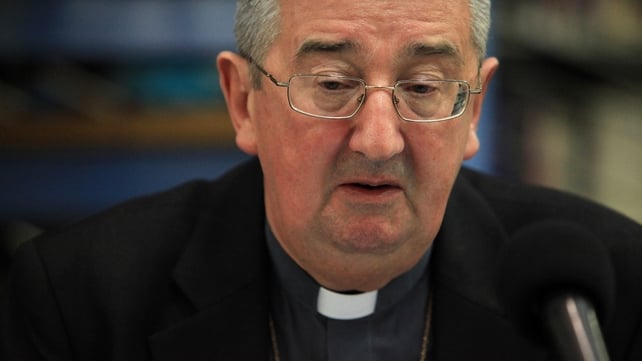As marriage equality notched up one victory after another in 2012 and 2013, opponents bleated a repetitive refrain: those were all in liberal, blue states. Gay activists had reached their limit. In red states, traditional marriage would continue to prevail.
Not so.
Over the year end, in quick succession two red state judges (first Utah, then Oklahoma) ruled that state bans on same - sex marriage were in conflict with the US constitution, and so struck down those bans. Since then, both rulings have had stays placed on their execution, but meanwhile, there've been a series of further notable decisions in other red and purple states, some in just the past week. Individually, each of these is less dramatic than the Utah and Oklahoma decisions, but collectively they are impressive, and reinforce the impression that the writing is now on the wall for gay marriage bans, even in red states.
In just the past week,
In Kentucky, a judge ruled today that the portion of the state ban that prohibits recognition of out of state same - sex marriages.
Also today, a hearing was held in a Texan court in one of several legal challenges to the state ban on gay marriage.
In Idaho, a judge ruled yesterday that the state ban on gay marriage cannot be used to exclude a same - sex partner from adopting a spouse's child.
In Nevada, an obscure ruling against discrimination in jury selection, led to the Republican governor, and also the Democratic Attorney General, declining to defend in court the state's ban on gay marriage.
As at 12/02/2014,in addition to suits challenging things like survivor benefits and parental /adoption issues, direct challenges to gay marriage bans have been already been filed in the following 21 US states. I the light of today's partial ruling, expect Kentucky to join this list soon - and Mississippi, where several couples have applied for marriage licences, in expectation of being denied, which would prepare the way for a full legal challenge. Is there anywhere in the US of A, where state bans on marriage equality are not under threat?
- Arkansas
- Arizona
- Colorado
- Florida
- Idaho
- Kentucky
- Louisiana
- Michigan
- Missouri
- Montana
- Nebraska
- Nevada
- North Carolina
- Ohio
- Oregon
- Pennsylvania
- South Carolina
- Tennessee
- Texas
- Virginia
- Wisconsin
(More details for these at Marriage Equality USA) Even in the churches, including the Catholic Church, there's progress - but that's another story.
Related articles
- Another Red State Victory for Queer Families (itsaqueerworld.blogspot.com)
- Gay Marriage: 2014 An Interesting Year in US Courts (queeringthechurch.com)
- Cathedral Dean: "Same-sex marriage gives us another image of what marriage can be." (queeringthechurch.com)
- Gay Marriage - New Mexico, and UTAH! (queeringthechurch.com)
- The Distorted Christian Tradition on Marriage (queeringthechurch.com)
- Archbishop Urges More 'Respectful' Tone on Gay Marriage (news.queerchurch.com)
- Gay Marriage, Scotland (news.queerchurch.com)
- Gay Marriage Coming to the South? Kentucky Ruling Chips Away at Ban (LA Times)


















